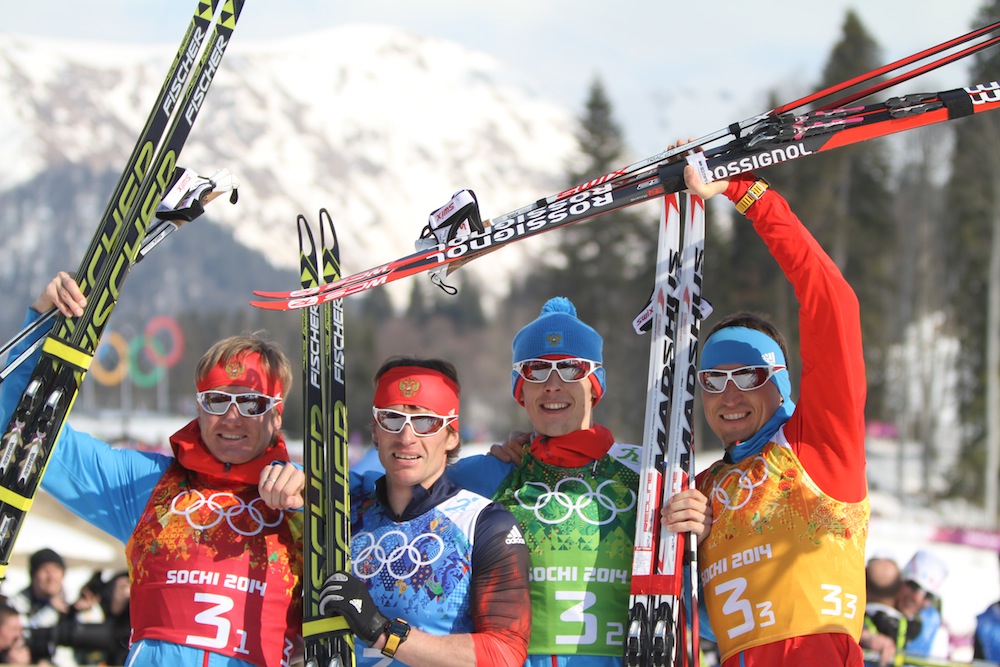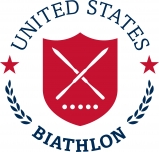
The Court of Arbitration for Sport (CAS) has posted its reasoned decision in upholding Russian cross-country skier Alexander Legkov’s appeal against being disqualified from the 2014 Olympics.
The gold medalist was initially banned and ordered to turn over his medal. That happened after investigations by journalists and anti-doping administrators found that he had likely benefitted from a sample-swapping scheme instituted by the Russian government. The crowning achievement of the scheme came at the Olympics in Sochi, Russia, where athletes’ “dirty” urine was swapped for “clean” samples so that their illicit doping would not be detected by tests.
This past February, the Court of Arbitration for Sport overturned that ban for Legkov and seven other cross-country skiers. At the time, they did not release many details about how they had come to their decisions. Adding to the confusion was the fact that CAS had upheld the disqualifications for some other athletes, including three biathletes.
On Monday, CAS released the details behind its decision in Legkov’s case.
In short, they did not find enough evidence that Legkov had personally been involved in the scheme, which they acknowledged existed. But testimony by whistleblowers and forensic evidence was not deemed to be enough to justify disqualifying him.
Grigory Rodchenkov, the former director of the Moscow Anti-Doping laboratory, wrote in testimony to the Panel in January that Legkov had been involved in the doping scheme and had been instructed to provide clean urine samples so that they could be swapped out to hide dirty ones. Legkov had also participated in “washout testing,” he said, to determine how long drugs would stay in his body. He related conversations with higher-ups who told him that Legkov was a “special project”, and had notes in his diary from the 2014 Olympics which described swapping out Legkov’s urine sample after he won the 50 k.
The CAS panel didn’t agree with any of those assertions. The fact that Rodchenkov stated that Legkov was providing clean urine had little value, they wrote, because nobody testified to having seen him do it.
“The Panel notes that the IOC does not specify the particular date when, or location where, the Athlete is alleged to have provided clean urine for this purpose,” it writes. “Further, no physical evidence has been presented showing the specific vessel in which the clean urine from the Athlete is alleged to have been collected and stored. Nor has the Panel seen any communications sent by or to the Athlete that refer to the collection, transmission, storage or use of clean urine for the purpose of urine substitution.”
Russia still has not provided international investigators access to the Moscow laboratory, which still stores hundreds of athletes’ anti-doping samples and may provide clues to what happened. Refusal to cooperate with requests for access is one reason that Russia is still not in compliance with the World Anti-Doping Code.
Regarding Legkov’s presence on the “Duchess list” of athletes receiving a special drug cocktail, and and Rodchenkov’s conversation with a boss who told him to make sure Legkov was protected, the panel wrote, “this evidence is hearsay and as such its probative value is very limited, particularly insofar as it relates to the Athlete’s subsequent actions during the Sochi Games in February 2014. In any event, even if it is accepted at face value, the alleged statement merely reflects an intention on Ms. Rodionova’s part. It does not provide any evidence regarding the actions or state of mind of the Athlete.”
Rodchenkov’s testimony was not the only aspect of the International Olympic Committee’s (IOC) case against Legkov. In addition, multiple marks were found on Legkov’s sample bottles, consistent with having been opened.
CAS did not buy this as evidence of an anti-doping rule violation either, however.
“The Panel considers that the fact that sample bottles were opened would, if established, provide considerable, albeit not conclusive, inferential evidence that urine was substituted and, as a further step of conclusion, the substituted urine contained prohibited substances,” they wrote.
After that, they tore apart the testimony of the expert who identified the marks on the bottle, writing that while he had established that such marks did not occur as part of “normal use”, they could have occurred when the bottles were being transported from one place to another.
Another criticism? That while the IOC’s chosen expert established “normal use” using empty bottles, the presence of urine in a bottle could change things. Maybe these marks might not actually be indicative of the bottles being opened. They wrote, “the Panel considers that there is some merit in the Athlete’s criticism that the failure to conduct tests on sample bottles that were filled with liquid reduces the probative value of the results of those tests.”
In total, they found that the existence of state-sponsored doping could not be used to punish Legkov without other strong evidence that he had benefitted – and didn’t deem any of the evidence presented to be strong enough.
While they handed Legkov, who recently said he is retiring from international competition, a big win, the CAS panel also included strong words near the end of their 154-page decision.
“In reaching these conclusions, the Panel wishes to underscore what it has not decided in this appeal,” the panel wrote. “The Panel has not made a ruling on whether and to what extent the alleged doping scheme during the Sochi Games existed and how it operated even though it recognizes that there is significant evidence that it was in place and worked.”
Chelsea Little
Chelsea Little is FasterSkier's Editor-At-Large. A former racer at Ford Sayre, Dartmouth College and the Craftsbury Green Racing Project, she is a PhD candidate in aquatic ecology in the @Altermatt_lab at Eawag, the Swiss Federal Institute of Aquatic Science and Technology in Zurich, Switzerland. You can follow her on twitter @ChelskiLittle.


